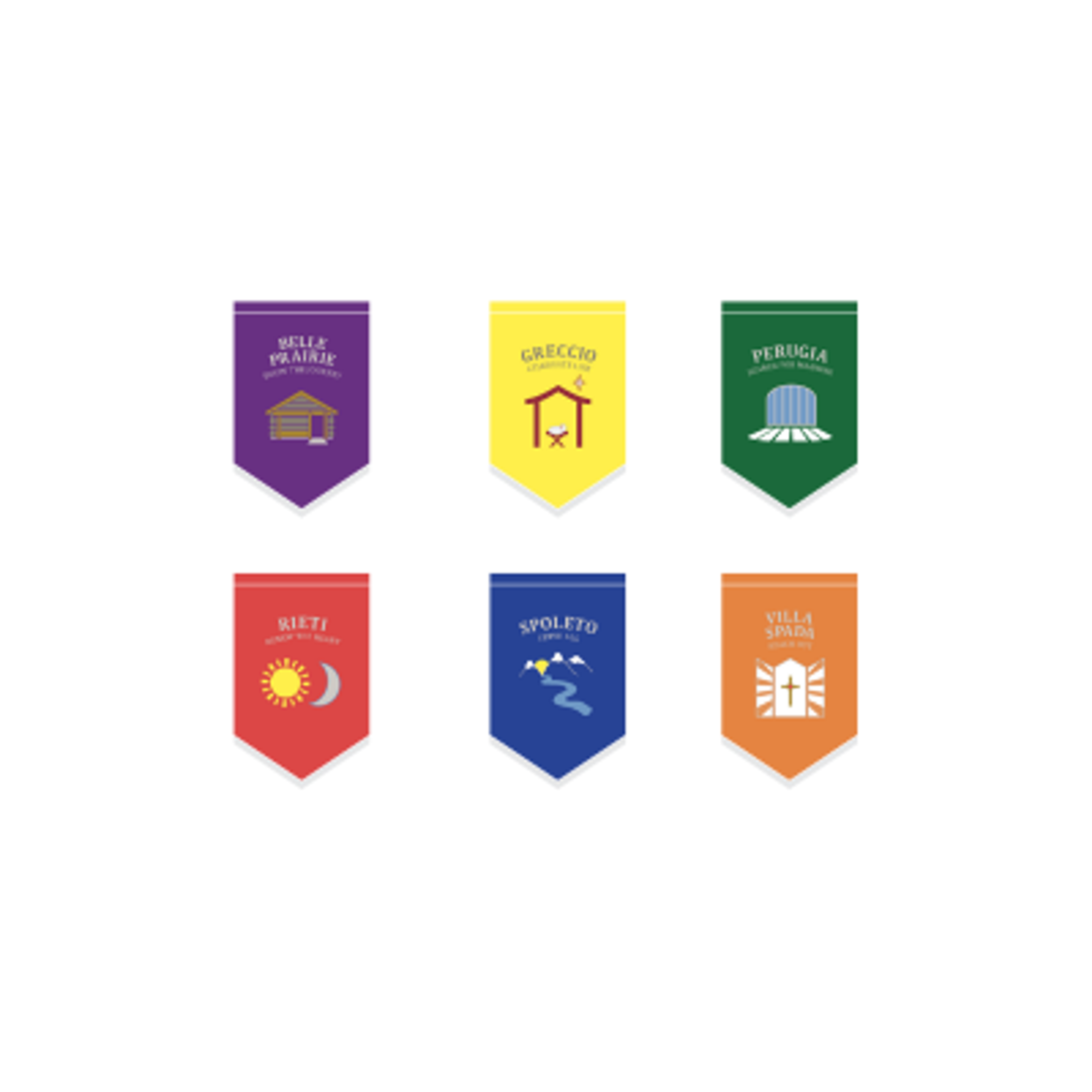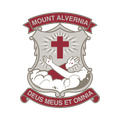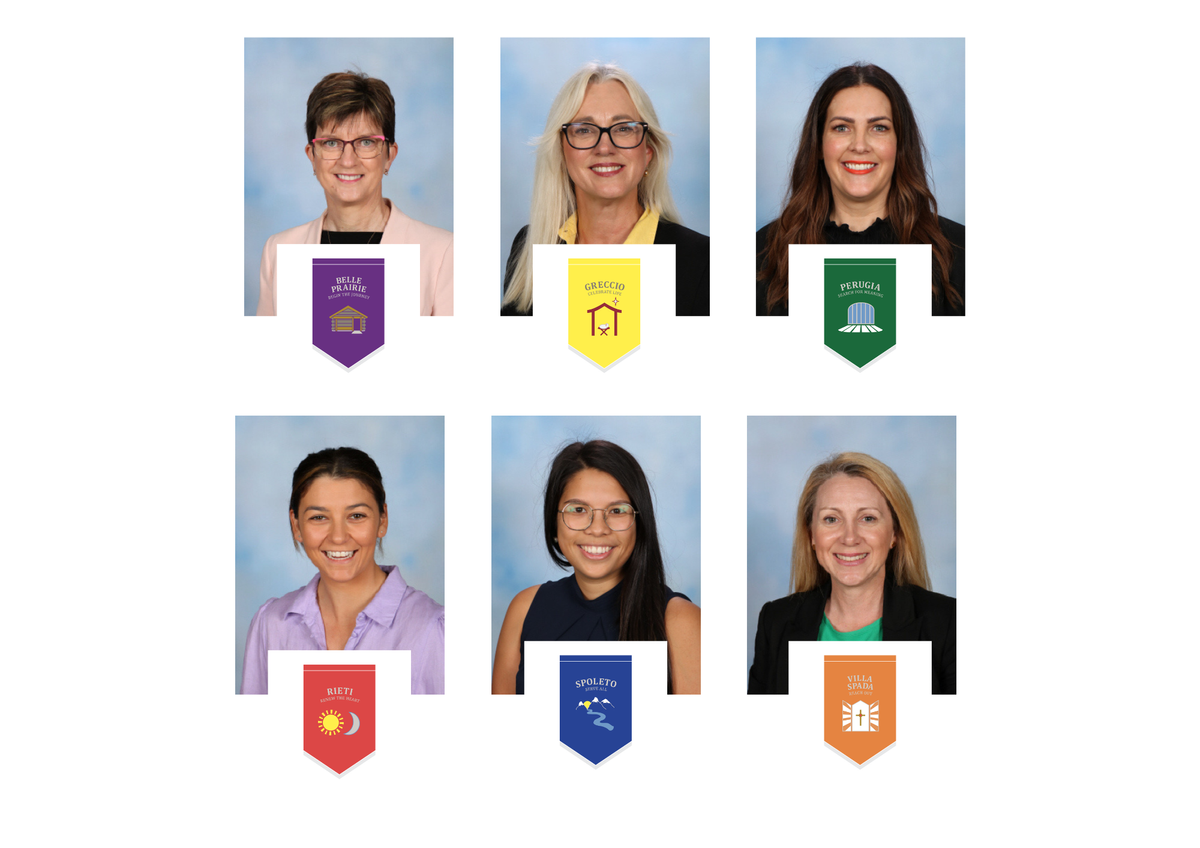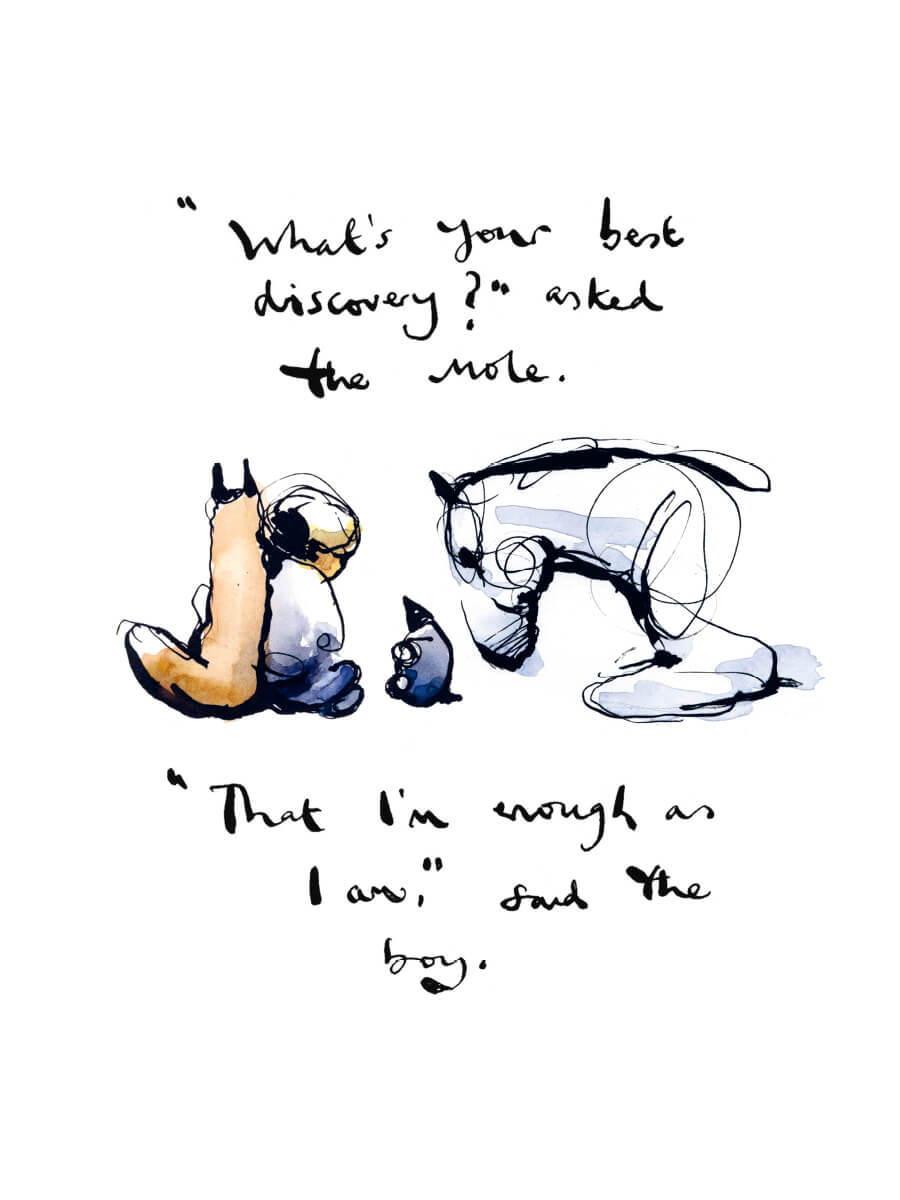Heads of House

Heads of House:
Belle Prairie: Jeni Barlow - BARLJ@staff.mta.qld.edu.au
Greccio: Michelle Licina - LICIM@staff.mta.qld.edu.au
Rieti: Courtney Daniec - DANIC@staff.mta.qld.edu.au
Perugia: Erin Moffat - MOFFE@staff.mta.qld.edu.au
Spoloeto: Chanel Siddall - SIDDC@staff.mta.qld.edu.au
Villa Spada: Sacha Carney - CARNS@staff.mta.qld.edu.au
Celebrating the connection between literacy and wellness.
As we come off celebrating Literacy Week and embark on Wellness Week, it is a good time to reflect on the books that have not only been enjoyable but have touched our lives– and stayed with us - because of their message. One that comes to mind is ‘The Boy, a Mole, a Fox and a Horse’, by Charley Mackesy. The story of “The Boy, the Mole, the Fox and the Horse” is so simple: A boy meets a mole. The boy and the mole meet a fox, whom they spring from a trap even after he has threatened to kill the mole.
Then these three creatures meet a horse — “the biggest thing they have ever encountered, and also the gentlest.” It is a story that has beauty, wisdom, humour, perspective and is equally accessible to humans of every age. In essence, it is a story of literary value and promotes the many aspects of wellbeing.
Proficiency in reading and writing equips us with essential life skills, fosters emotional intelligence, and mental resilience. These skills empower and liberate, enabling successful engagement with our world. However, literacy skills are not afforded to all in our society. According to UNESCO, 763 million people cannot read or write; two-thirds of these people are women. Hence, women become incredibly vulnerable to the forces around them without literacy skills.
Literacy is more than decoding words; it’s a way of understanding and connecting with the world and using this information to empower oneself. Literature can be a source of inspiration, challenging us to face adversity, grow and become better people. At Mt Alvernia, our students consistently hear the message about being brave, a theme that resonates in many forms of literature. Mackesy sums this up beautifully when the boy asks the horse, “What is the bravest thing you’ve ever said?”
“Help”, said the horse.
“Asking for help isn’t giving up,” said the horse. “It’s refusing to give up.”
Through the power of literacy, we learn valuable life lessons like self-care and knowing it is okay to ask for help. In fact, we learn that by asking for help, we can be more and a healthier version of ourselves.
Furthermore, the necessity to be able to read and write enables us to navigate through the print and digital media we are bombarded with daily. Today, there is an abundance of information, and the ability to discern between credible sources and misinformation, to detect bias and influence, and to question is essential for one’s wellness and self-development. Critical thinking fosters empowerment, enabling us to make informed decisions about our lives and overall wellbeing.
Therefore, we need to advocate and demonstrate the fact that well-developed literacy skills support the overall wellbeing of our students. Literacy skills allow them to navigate life’s challenges with enhanced psychological, emotional, and social competence. Let us continue to encourage a love of reading and writing in our youth, for a literate mind is truly a nurtured mind.
Sources:
Mackesy C (2019) The Boy, the Mole, the Fox and the Horse. London. Ebury Press
UNESCO (2023/06/29) Literacy What you need to know about literacy https://www.unesco.org/en/literacy/need-know#:~:text=Despite%20this%2C%20worldwide%20at%20least,to%20acquire%20basic%20literacy%20skills.


